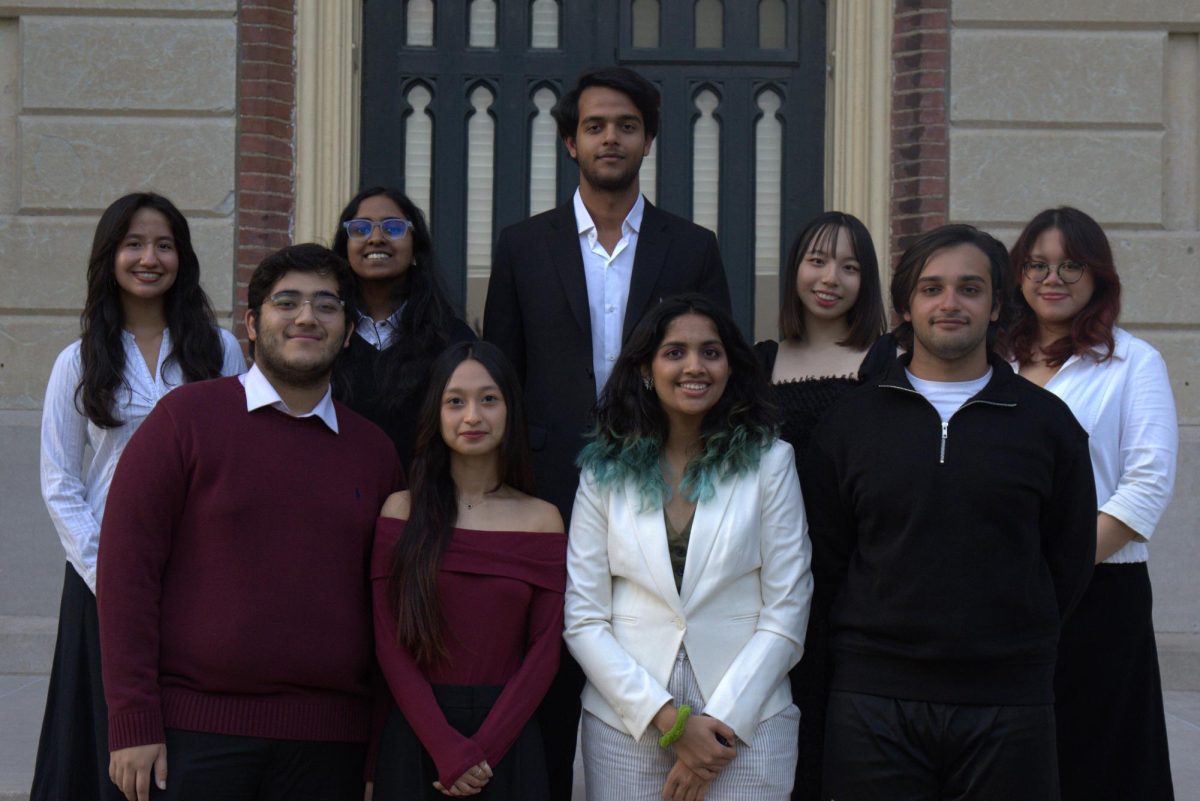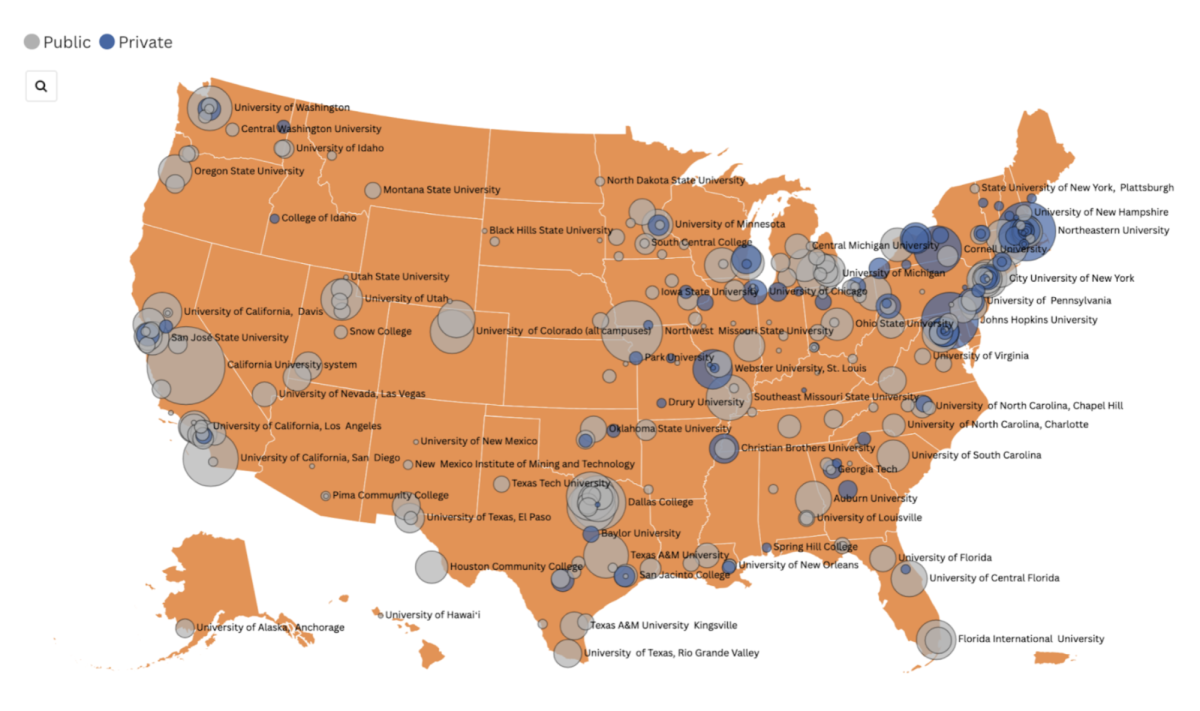With the rise of generative Artificial Intelligence (AI), like ChatGPT, academic institutions struggle to set new boundaries and standards for academic honesty. Knox College’s Honor Board particularly faces these struggles because currently, there aren’t specific rules in the Honor Code regarding the use of generative AI. Right now, all policies are determined by individual faculty members, which leaves a lot of gray area for the Honor Board student members.
“There’s going to be a discussion about AI. This is something I suggested after a case about the AI stuff, because it’s not explicitly stated in Honor Board guidelines. I was kind of at a loss, you know,” Honor Board Member and junior Daeun Kim said.
Professors are facing some of the same difficulties within their classrooms. Associate Professor of Philosophy, Chair of Business and Management, and Honor Board Faculty Daniel Wack shared some of his struggles with AI.
“It is, I think, just a challenge for me in trying to figure out how to respond appropriately to AI usage,” Wack said. “I do say on all my assignments that using generative AI to create prose for the assignment is an Honor Code violation and I have sent students to the honor board for use of AI.”
Professor Wack now makes a greater effort to emphasize the importance of real writing skills, without the use of AI.
“One thing it’s really led me to do was to try and build in, especially early in the term when I’m introducing the kind of writing assignments that I’m asking people to do, is trying to make even more explicit than I have before, why this [writing] is a skill worth building. And the ways in which college is a real opportunity to obviously build your skills and develop capacities for later in life, in your career or otherwise,” Wack said.
The difficulty right now is that, unlike other means of academic dishonesty, policies regarding the Honor Code about the use of AI are inconsistent between departments, professors, classes, and assignments.
“The rules that we [the Honor Board] have, depend on the faculty. Generally, humanities departments are more sensitive to the issue rather than departments in SMC,” Kim said.
Professor Wack also acknowledged the differing impact AI has depending on the department.
“I think there is some good reason that’s the way things evolved because I do think it’s often quite different, how the use of AI impacts from discipline to discipline, and from assignment to assignment in some cases, too. My impression is that it’s an ongoing question for the college, and that’s true for the Honor Board too,” Wack said.
Professors and students alike believe adding a policy to the Honor Code will be difficult. If the policy is too strict, it could inhibit exciting and creative uses for generative AI that enhance the learning experience rather than replace it. However, if policies are too general, they become unhelpful, and the ability to be sensitive to each case can be lost.
“I do think there are lots of ways in which the technology can be very exciting and helpful for people in different disciplines. I think it also creates a lot of problems in certain disciplines and it’s not the case that Honor Board should be the place where all of those issues get worked out at the level of general policy,” Wack said.
While discussions ensue throughout the college, both by students and faculty, Kim offered advice to students unsure how to approach generative AI.
“I just want to tell students to use AI wisely,” Kim said. “I’m an international student and my English is not perfect, so I don’t want the message receiver to have the wrong intention of the message. So for that, I use ChatGPT to see if it sounds correct, but not for academic stuff.”
According to Honor Board Members, there is a place for generative AI on college campuses, but that place is still being sorted out and depends on the specifics of each situation. The safest way for students to approach generative AI in academics is to check their syllabi and refer to their professors with any questions.








